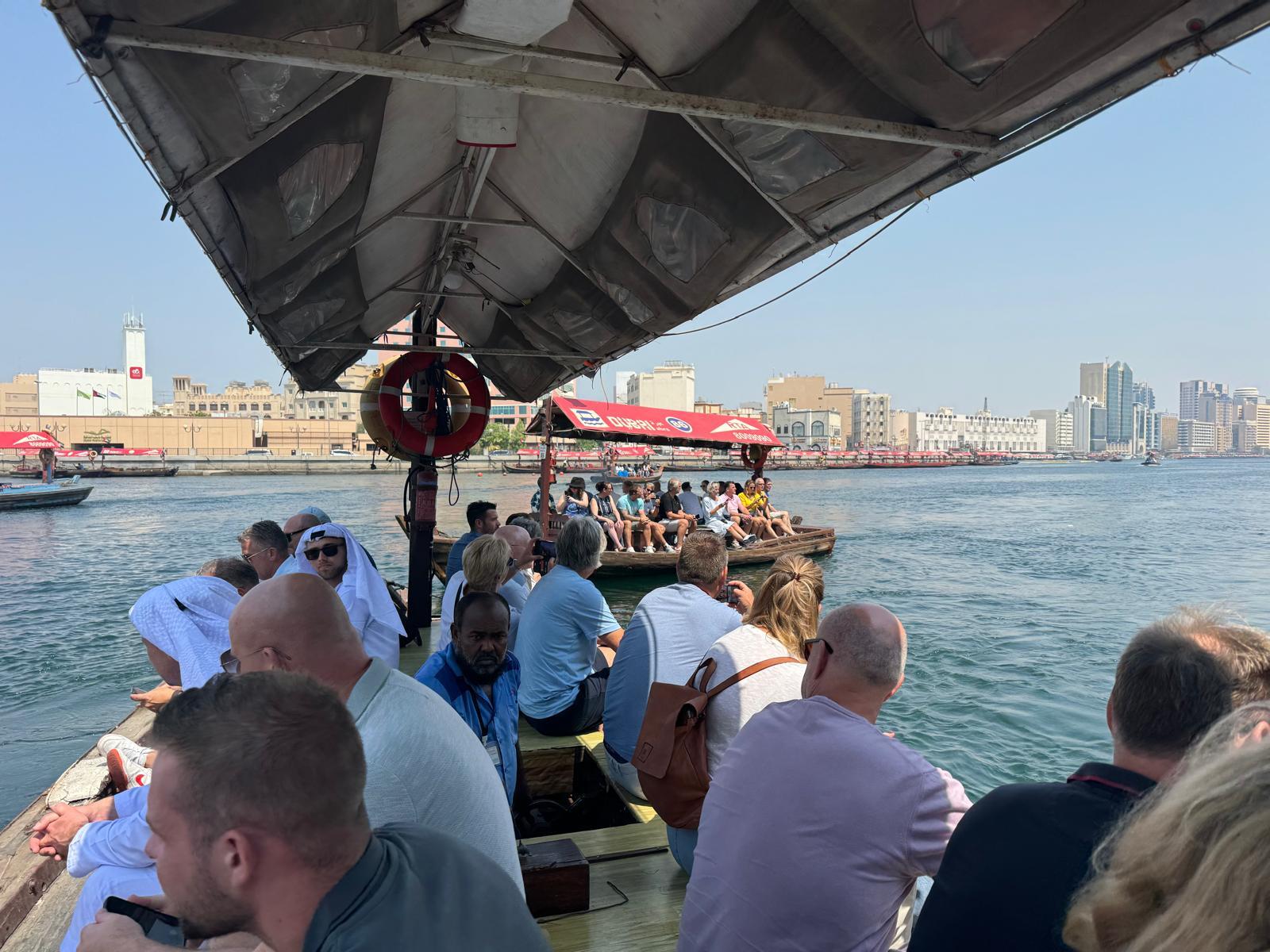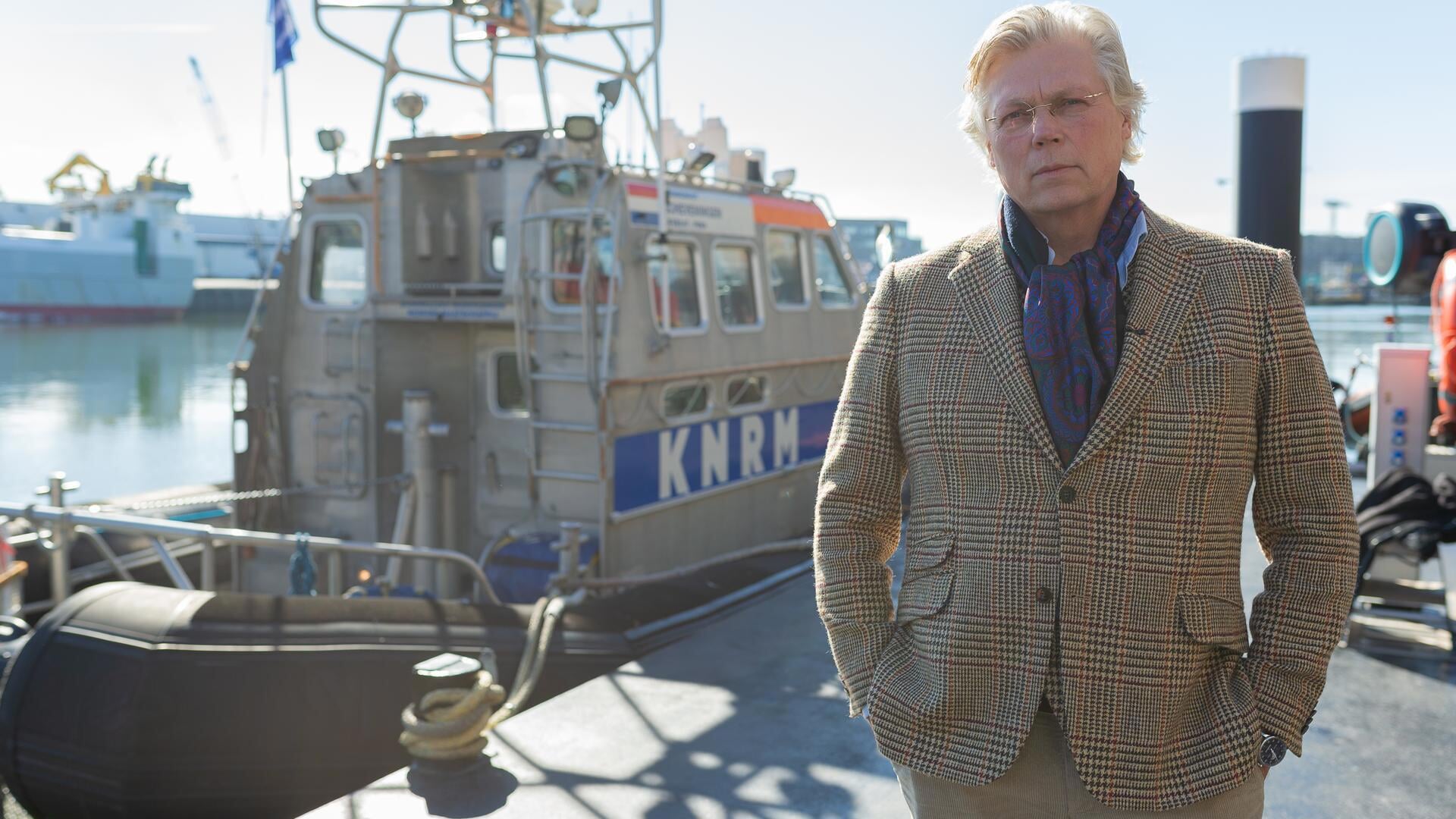How Amsterdam Circular’s 2023 milestones chart the path to a fully-circular Dutch capital city by 2050 | Silicon Canals

- by maurya18@gmail.com
- January 19, 2024
In the ever-evolving landscape of urban development and societal progress, circularity has emerged as a critical force for sustainability and resource optimisation.
At the core, circular economies prioritise the reduction of waste, the promotion of recycling, and the cultivation of regenerative practices in consumption patterns.
As cities worldwide grapple with various environmental challenges, circularity offers a path toward a resilient and environmentally conscious future.
Recognising the importance of circular innovation, the Netherlands’ capital city has positioned itself at the forefront of this transformative movement and aims to become a fully circular city by 2050.
By implementing proactive policies and collaborative initiatives, Amsterdam aims to reduce its ecological footprint and inspire global urban centres to embrace circular principles.
One such instance is the Amsterdam Circular.
To support the growth of circular startups and address the funding gap, Rockstart, AMS Institute, and the City of Amsterdam have collaborated to launch the Amsterdam Circular investor readiness programme.
This initiative aims to connect circular startups with private and public capital, setting an example for circular financing in Amsterdam and beyond.
To gain deeper insights into the approach and strategies of the Amsterdam Circular programme, as well as its significant milestones achieved in 2023 and the ambitious plans set for the future, we reached out to Guy Vincent, Program Lead for Amsterdam Circular.
Here’s what he has to say!
A triple helix approach
Amsterdam Circular is built on the triple helix model of innovation, which highlights the collaboration between industry, research institutions, and government.
“To achieve a fully circular city by 2050, we need research-driven companies and collaborations that align with long-term government policy. The traditional ways of financing innovation are based on shorter time horizons (10 years) than what is needed to cultivate circular companies over decades and beyond,” says Guy Vincent to Silicon Canals.
Amsterdam Circular seeks to bridge this gap by providing a systematic way of financing circular collaborations across entire supply chains.
This holistic approach ensures that circular startups have the support they need to thrive and contribute to Amsterdam’s circular economy goals, according to Guy Vincent.
“Since the City of Amsterdam (Gemeente Amsterdam) committed to going circular in 2020, we can already see circularity becoming the ‘default’ way of working and living to create a fair economy within planetary boundaries,” he adds.
Identified over 1500 co-financiers to support 50 circular startups
The Amsterdam Circular program has played a vital role in the growth and development of circular startups in the Amsterdam metropolitan area.
In 2023, the programme supported 50 circular startups, with 20 of them selected for an investor readiness program in collaboration with Rockstart.
“We identified over 1500 co-financiers (private and public investors) for those companies and supported their founders to get ready for co-financing. For example, we connected them with ROM InWest, Invest-NL, Polestar Capital, and other players in the circular financing space,” reveals Vincent.
He continues, “The startups’ teams received value-adding services like mentoring, expert sessions, and one-to-one support that helps them attract capital.”
Moreover, Amsterdam Circular offers participants unique access to the resources and networks of Gemeente Amsterdam, AMS Institute, and the Marineterrein, providing a solid foundation.
Notable milestones in 2023
Amsterdam Circular has achieved significant milestones since its inception, showcasing the programme’s impact on the circular startup ecosystem. Some notable achievements include:
- Tiler piloted the world’s first wireless charging tiles for electric cargo bikes at the Marineterrein, in collaboration with Cargoroo, AMS Institute, Stedelijk Innovatie, and Bureau Marineterrein.
- Biosphere Solar landed a subsidy to install circular solar panels at the Marineterrein, in collaboration with AMS Institute and Bureau Marineterrein
- Roboat built an autonomous sailing DJ booth, ‘Roboat Heart’, built from scrap metal. Circularity is also an artistic movement offering creative elements to enrich our day-to-day lives.
- Supported 40 per cent women-led startups, such as Caffe Inc., Billie Wonder, Human Material Loop, and Circle Closet.
Exploring partnership and collaboration possibilities
Amsterdam Circular recognises the importance of forging partnerships and collaborations to accelerate the transition to a circular economy
“In 2024, we are partnering up with Circular Finance Lab to provide Fit For Circular Finance training for our startups and help us initiate circular value chain collaborations that reduce raw material use in the Amsterdam metropolitan area,” shares Vincent.
By strengthening circular chains, startups can increase their resilience, reduce costs, and unlock new value in circular business models.
“We are looking to form new partnerships and collaborations that add value to our program participants and accelerate circular value chains,” says the Rockstart team.
Future of Amsterdam Circular
Amsterdam Circular has ambitious plans for the future, aiming to support circular entrepreneurs and their supply chains further.
“There is an abundance of innovative companies in Amsterdam and an increasing number of circular startups and founders experimenting with circular business models (e.g. product-as-a-service and take-back programs). The obstacle is a lack of access to patient capital for circular entrepreneurs. Circular companies are building over a long time horizon, and often working with material streams and hardware, which often doesn’t align with the needs of certain VCs,” states Vincent.
“Innovative and sustainable financing instruments such as the Rockstart Programs and VC investments are needed to support circular startups and chain collaborations. Amsterdam Circular will continue to develop and serve the needs of circular entrepreneurs and their supply chains, based on our successes and failures in closing waste loops,” he says.
‘Theory of Change is our focus in 2024’
Amsterdam Circular is developing a “Theory of Change” to guide its 6-month, 18-month, and 36-month targets with stakeholders across industry, academia, and government.
“This coming year, our focus will be on serving circular entrepreneurs and their supply chains with the goals of increasing supply chain resilience, reducing raw material use, and unlocking new value from circular business models. Together with the Rockstart team, I look forward to experimenting with innovative financing instruments that enable circular entrepreneurs to build over the long term and expand their focus to collaborating across their entire supply chain,” he concludes.
The Latest News
-
December 21, 2024Bondscoach rolstoelbasketbalsters op non-actief na meldingen grensoverschrijdend gedrag
-
December 21, 2024Tot en met 31 maart geen voetbal in Nederland
-
December 20, 2024Nederland – Griekenland op tv: hoe laat en op welke zender kijk je naar Oranje?
-
December 20, 2024Travel Legends organiseert bijzondere wijnreis met topsommelier Noël Vanwittenbergh – Reisbizz
-
December 20, 2024NBA publiceert Alert vanwege late implementatie CSRD in Nederland





